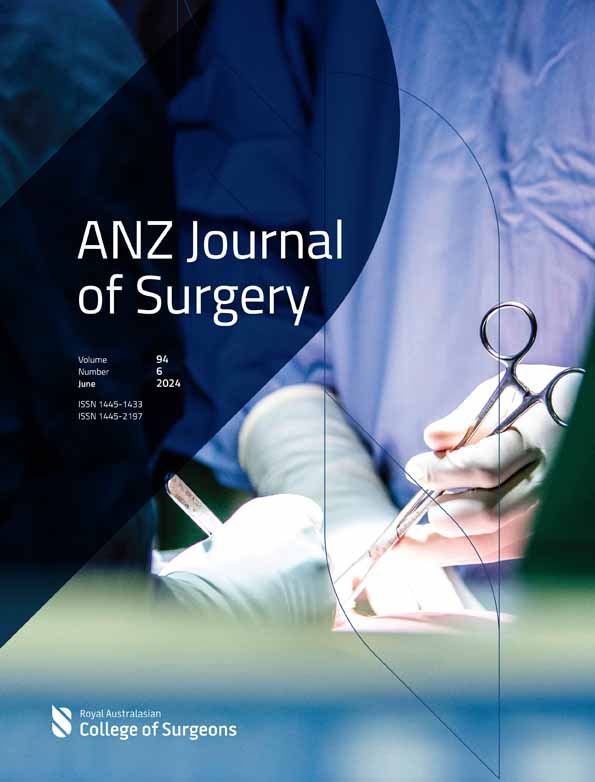Coronary artery bypass grafting in octogenarians: an Australian experience
Abstract
Background
The aims of this study were to describe early and mid-term morbidity and mortality in octogenarian patients undergoing CABG, to determine if outcomes are comparable to younger patients undergoing the same procedure.
Methods
We conducted a retrospective analysis of the first 901 patients who underwent cardiac surgery at a large newly established tertiary hospital in Western Australia from February 2015 to September 2019. Inclusion criteria involved all patients undergoing coronary artery bypass grafting. Exclusion criteria included patients who underwent concomitant valve or aortic procedure.
Results
From a cohort of 901 patients, 37 octogenarian patients underwent CABG. Octogenarian patients had a higher rate of post-operative transfusion 35.1% versus 21.4% (P = 0.048), a higher rate of post-op acute kidney injury 40.5% versus 17.2% (P < 0.0001), a higher rate of post-operative atrial arrythmia requiring treatment 40.5% versus 22.5% (P = 0.011) and higher rate of return to theatre (13.5% versus 4.7%, P = 0.018), with bleeding/tamponade being the most likely reason (10.8% versus 2.7%). Octogenarian patients had a longer post-operative length of stay (LOS) with a median LOS of 10 versus 7 days (P < 0.0001). There was no increase in hospital readmission rate, in-hospital mortality or 1 year mortality in octogenarian patients. 24-month and 36-month survivals were 95.2% and 89.6% in octogenarians and 95.3% and 91.5% in the younger group.
Conclusions
Despite an increase in post-operative morbidity and LOS, there was no difference in hospital readmission, in-hospital mortality or 1 year mortality in octogenarian patients who underwent CABG. CABG is safe and remains an important management option for these patients.
Conflict of interest statement
All authors declare no conflicts of interest.




